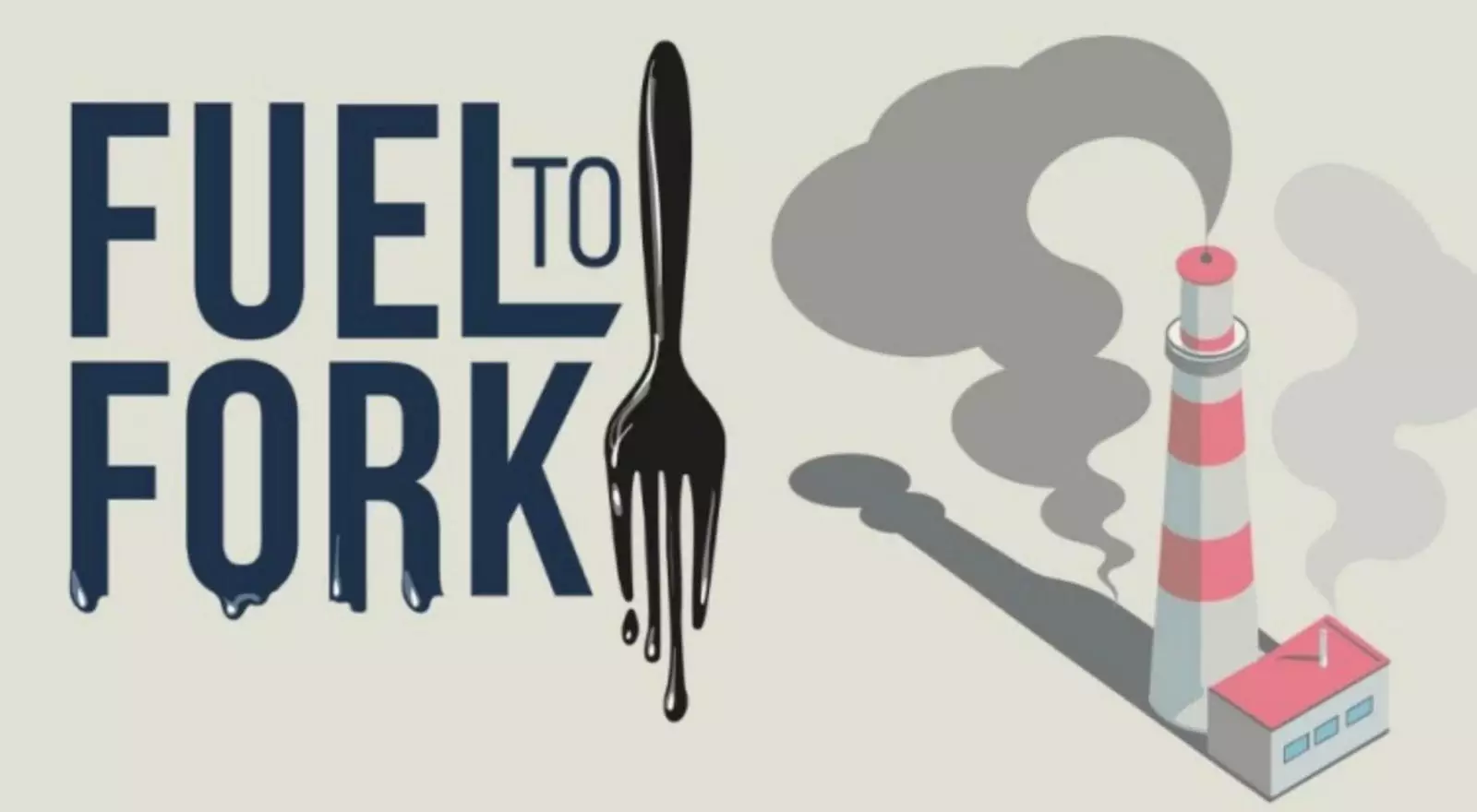When we think about our meals, we often focus on the ingredients and nutritional value, yet a crucial aspect remains largely obscured — the role of fossil fuels in the modern food supply chain. From the moment our food is cultivated on farms to when it reaches our plates, fossil fuel reliance permeates every stage of production, transportation, and packaging. This dependency has become so entrenched that many fail to recognize it as an inherent part of our food system, often referring to it as the lifeblood of the industry.
The newly launched podcast series, *Fuel to Fork*, provides a much-needed spotlight on this unseen ingredient in our food systems. This collaboration between IPES-Food, TABLE Debates, and the Global Alliance for the Future of Food aims to unveil the often neglected conversation around the extensive use of fossil fuels in food production, encouraging a critical examination of our dining habits and their environmental impact.
Statistics reveal a startling truth: fossil fuels account for approximately 15% of global consumption. This consumption cuts across various stages of the food supply chain. During processing and packaging alone, energy requirements spike, consuming around 42% of total fossil fuel use within the food sector. Additionally, waste generated from retail consumption contributes another significant 38%. Notably, farm inputs and equipment utilize about 20% of the total energy consumed in our food systems. Alarmingly, for every calorie of food we consume, about ten calories of fossil fuel energy have been expended to bring that food to our tables.
Discussions surrounding sustainable food often fixate on our choice of crops or dietary preferences, overlooking the energy-intensive processes engaged after agricultural production. Processes like ultra-processing and complex logistics networks exacerbate fossil dependence, necessitating a closer examination of what happens from the farm to the consumer.
In the contemporary landscape, petrochemicals are emerging as primary drivers of fossil fuel consumption. Food-related plastics and fertilizers alone represent a staggering 40% of all petrochemical products. As priorities shift towards electrification and reducing reliance on fossil fuels, the petrochemical industry is pivoting its focus to ensure continued demand through plastics and agrochemicals. Projections from the International Energy Agency suggest that petrochemical production might account for over two-thirds of the growth in global oil demand by 2026, a concerning trend given their connection to plastic waste and greenhouse gas emissions.
Fertilizer usage is expected to rise considerably, with projections indicating a potential growth of up to 50% by 2050. The reliance on nitrogen fertilizers is particularly alarming, as they contribute approximately 5% of global natural gas consumption. This raises serious concerns about the climate implications of our ongoing agricultural practices, which are juxtaposed against efforts to combat climate change.
While individuals have the power to choose what they eat and where it comes from, our collective food history spans over 10,000 years, predominantly devoid of fossil fuel reliance until recently. This creates an imperative to rethink our food systems with a fresh perspective. Many innovative solutions are being tested in the Global South and among working-class communities in the United States, showcasing grassroots efforts to mitigate fossil fuel dependence.
These promising initiatives, however, demand a coordinated approach involving public finance and strategic planning, aimed at implementing a Just Transition. This transition seeks to balance economic growth with environmental responsibility, addressing the systemic challenges ingrained in our food systems.
As the conversation surrounding fossil fuel reliance in food systems continues to evolve, it is crucial that we engage in dialogues that foster awareness and inspire action. If we fail to address these issues, we risk compounding existing problems in our efforts to enhance food security while achieving sustainability goals.
As we navigate through the complexities of food production and environmental conservation, understanding the extent of fossil fuel dependence is integral to forging a sustainable future. By reshaping our food systems and investing in eco-friendly practices, we can mitigate our impact on the planet while nurturing a healthier society for generations to come.


Napsat komentář